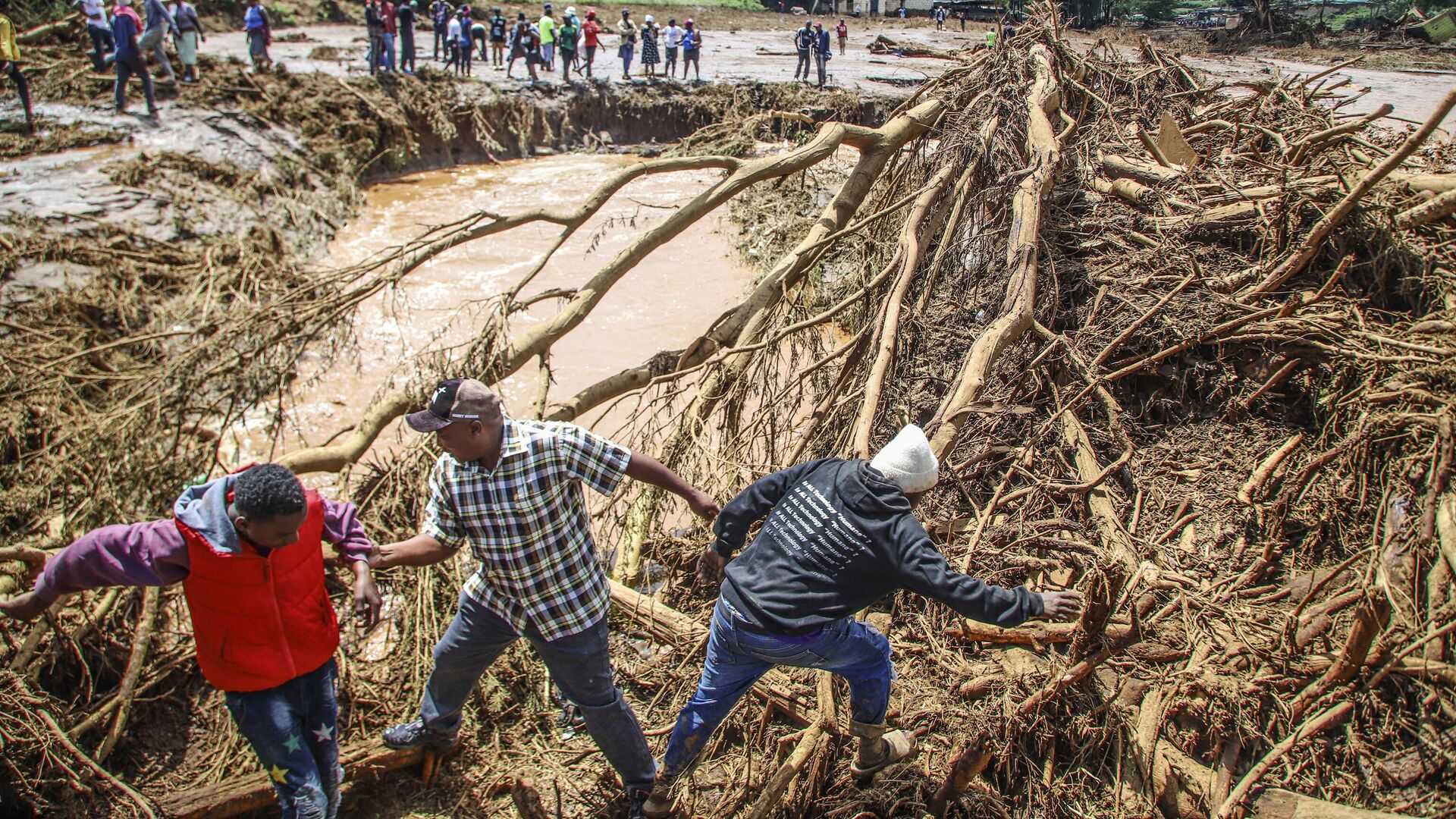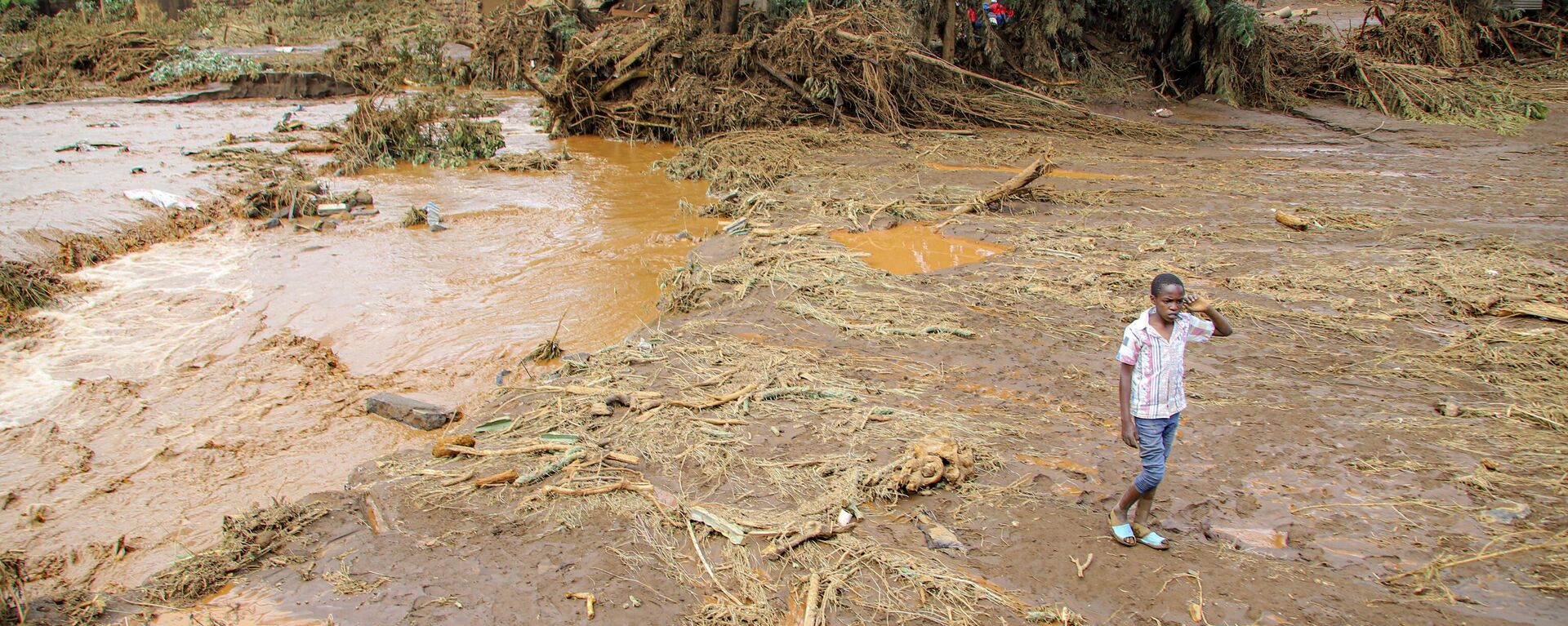https://en.sputniknews.africa/20240920/nairobi-can-use-garbage-eating-flies-to-control-dangerous-floods-us-media-says-1068354831.html
Nairobi Can Use Garbage-Eating Flies to Control Dangerous Floods, US Media Says
Nairobi Can Use Garbage-Eating Flies to Control Dangerous Floods, US Media Says
Sputnik Africa
Weeks of recent heavier-than-usual seasonal rains, compounded by the El Niño weather pattern, have wreaked havoc in many parts of East Africa, a region highly... 20.09.2024, Sputnik Africa
2024-09-20T19:09+0200
2024-09-20T19:09+0200
2024-09-20T19:09+0200
kenya
climate
climate change
nairobi
east africa
international
garbage
innovation
science
floods
https://cdn1.img.sputniknews.africa/img/07e8/04/1e/1066300089_0:320:3072:2048_1920x0_80_0_0_f43299ec73b1df3fcacff5010b856444.jpg
Garbage is blocking many of Nairobi's drains and waterways, worsening the effects of flooding, especially in the area around Mukuru, a low-income informal settlement. Here, the pilot project, funded by the Global Center on Adaptation, has established 10 fly farms. Millions of black soldier flies are being bred because they consume large amounts of organic garbage.By reducing the amount of waste clogging drainage systems, the fly farms aim to lessen the impact of flash floods, potentially saving lives and property. This approach is particularly relevant for developing nations like Kenya, which face significant challenges in adapting to climate change due to limited financial resources, according to media reports.The example of Mukuru shows how a variety of innovative strategies, if applied on a global scale, can mitigate the effects of climate change, the article points out.
https://en.sputniknews.africa/20240502/what-causes-deadly-floods-in-kenya-and-east-africa-in-general-1066332098.html
kenya
nairobi
east africa
Sputnik Africa
feedback@sputniknews.com
+74956456601
MIA „Rossiya Segodnya“
2024
News
en_EN
Sputnik Africa
feedback@sputniknews.com
+74956456601
MIA „Rossiya Segodnya“
Sputnik Africa
feedback@sputniknews.com
+74956456601
MIA „Rossiya Segodnya“
kenya, climate, climate change, nairobi, east africa, international, garbage, innovation, science, floods, el nino
kenya, climate, climate change, nairobi, east africa, international, garbage, innovation, science, floods, el nino
Nairobi Can Use Garbage-Eating Flies to Control Dangerous Floods, US Media Says
Alla Shukanova
Writer / Editor
Weeks of recent heavier-than-usual seasonal rains, compounded by the El Niño weather pattern, have wreaked havoc in many parts of East Africa, a region highly vulnerable to climate change. The situation calls for new, non-trivial solutions.


